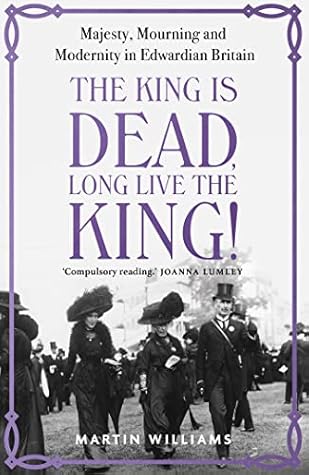Esher, who had preceded McDonnell at the Office of Works, was opposed to the very idea of a lying-in-state for Edward, and at Westminster in particular. He pointed out that the Hall had been the site of the trial of Charles I in 1649, and that the resonance would be unfortunate. His qualms were dismissed by McDonnell as ‘foolish’. In any case, he was swiftly overruled by the Archbishop of Canterbury and the new King, both of whom were in favour of the scheme. Perhaps fearing Esher’s continued interference, McDonnell welcomed George’s decisiveness at such an early stage in his reign. It was, he
...more
Welcome back. Just a moment while we sign you in to your Goodreads account.


